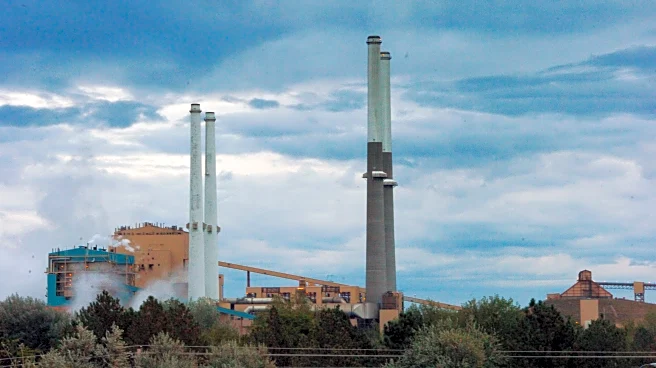What's Happening?
Ormat Technologies, a geothermal company based in Reno, Nevada, has filed a lawsuit against the U.S. Fish and Wildlife Service and the U.S. Department of the Interior. The lawsuit challenges the listing of the Dixie Valley toad as an endangered species, which has halted the construction of Ormat's geothermal power plant in Churchill County. Ormat argues that the toad was listed without evidence of its population decline and claims the listing is arbitrary. Conservationists, however, assert that the geothermal project threatens the toad's habitat and could lead to its extinction.
Why It's Important?
This legal battle underscores the tension between renewable energy development and environmental conservation. The outcome of this case could set a precedent for how endangered species listings impact energy projects, particularly in regions rich in renewable resources. The case also highlights the challenges faced by companies in balancing environmental responsibilities with the pursuit of sustainable energy solutions. The decision could influence future policies on endangered species protection and renewable energy development.
What's Next?
The court's decision on whether to uphold or overturn the toad's endangered status will be pivotal. If the listing is overturned, Ormat may proceed with its geothermal project, potentially leading to further legal challenges from conservation groups. Conversely, if the listing is upheld, it could delay or alter the project's scope, impacting Ormat's investment and the region's renewable energy capacity.











